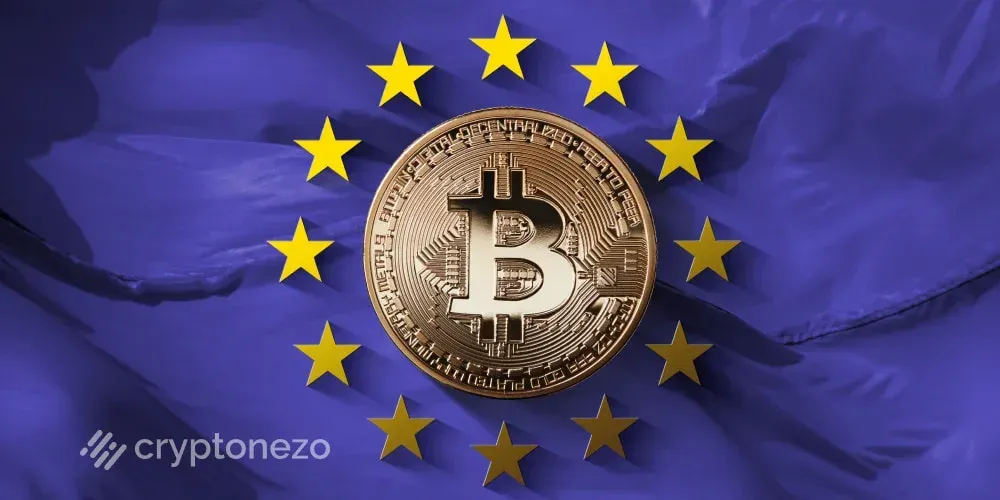AML Regulations - The EU Crypto Law

The EU Crypto Law
The traditional financial system has faced many challenges in terms of money laundering and the financing of terrorism, reason why regulations became stricter after the 9/11 terrorist attacks. As technology advances so do the methods used by criminals to take advantage of financial institutions in order to launder the proceeds of crime.
Last week the EU announced a series of measures that will be imposed on Cryptocurrency aimed to prevent and stop digital assets from being used by criminals. The focus is to gain full transparency when it comes to transactions on the blockchain. The Committee on Economic and Monetary Affairs and the Committee on Civil Liberties, Justice and Home Affairs voted to expand anti-money laundering requirements in the crypto space.
One of the proposals put forward was the requirements for crypto services providers to acquire and share information about both the sender and the receiver, following on from the example of wire transfers offered by the traditional financial system. The aim is to trace any source of potential suspicion, block those transactions and freeze the accounts. The above requirements would be applicable to any transactions over 1000 euros.
The new legislation's focus is to have more transparency and to be able to identify and report suspicious transactions, freeze digital assets and discourage high-risk transactions.
One of the UK’s main legislation applicable to the financial sector and aimed to combat the anti-money laundering process is the Eu’s AML Directive. The 5th AML Directive came into effect in early 2020 to mitigate criminal economic activity and amongst the measures implemented were: mitigating anonymous parties in the payment chain, enhanced due diligence and mirroring the CDD requirements for cryptocurrency exchanges.
While countries have adopted Bitcoin as legal tender and are creating their own CBDC, there is still a grey area when it comes to regulations and expectations for financial services on how to deal with crypto-assets all over the world.
In recent months, countries like Brazil and Vietnam have announced a reduced tax on crypto to encourage the adoption of digital assets and attract investors while the UK has announced that stable coins will be used as a valid form of payment and the Royal Mint will create a government-backed NFT, measures aimed to position the country as a crypto-friendly hub.
The shift in focus on legislation has come as a response to the current geopolitical situation but also to the rapid growth in adoption. Although all transactions are registered on the Blockchain and are immutable, cryptocurrency offers anonymity by the fact that no bank account is required to be registered or no interaction is made with the financial services since the blockchain is decentralised.
Don't forget to follow us @cryptonezo to stay updated with the latest blockchain and cryptocurrency news.

Financial Crime Investigator & AML Specialist. Crypto Educator NFT Marketing & Crypto Promoter DeFi & Web 3.0 Content Writer
















